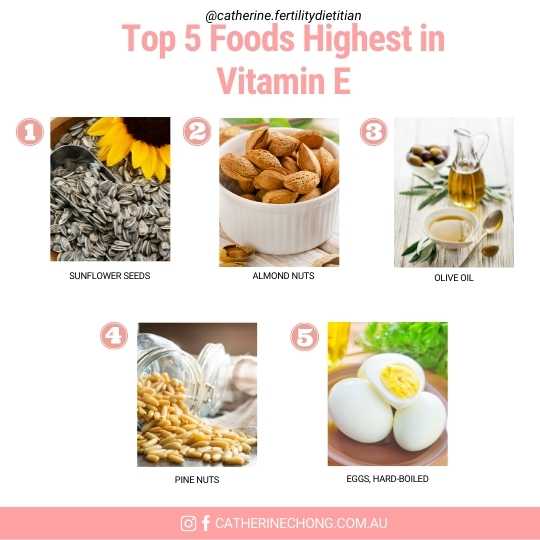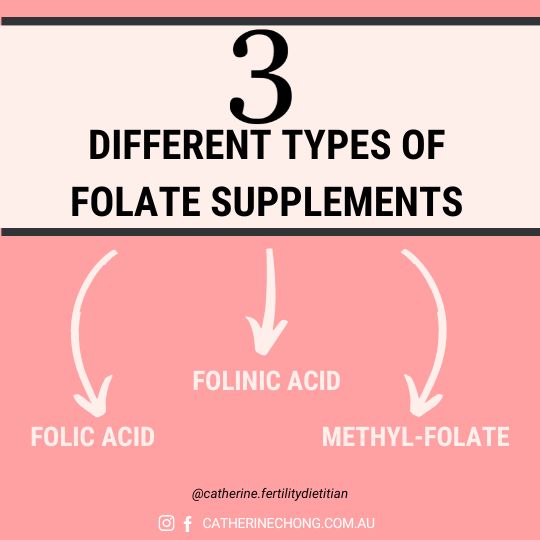What To Eat After A Miscarriage
Is your diet supporting post-miscarriage healing? In this blog, I’ll share with you some tips on what to eat after a miscarriage to support proper healing and recovery.
Miscarriage can be a devastating experience for women who have gone through it. It’s estimated that up to 25% of all pregnancies end in miscarriage, with most occurring within the first 13 weeks. If you’ve had a miscarriage, you’re not alone, and it’s not your fault.
Taking care of yourself and eating the right foods is essential for recovery. A balanced diet can help replenish lost nutrients and provide the energy you need, offering comfort during this difficult time.
Post-Miscarriage Nutrition For Recovery
1. Foods High In Protein
Proteins are made up of lots of smaller molecules known as amino acids. Amino acids help repair damaged cells, which our body needs when recovering from pregnancy loss. Foods high in protein that you can include in your diet to promote healing include red meat, poultry, fish/seafood, eggs and milk/dairy products.
If you’re vegetarian, legumes and nuts are also excellent sources of plant protein that can be added to meals like salads or stir-fries to boost nutrition.
2. Fruits And Vegetables

Fruits and vegetables are packed with vitamins, minerals, and antioxidants to help your body recover after a miscarriage.
Getting adequate fruit and vegetables also helps reduce the risk of recurrent miscarriages.
Various colourful fruits and vegetables can help provide essential nutrients, such as vitamin C, vitamin A, and folate, that can promote healing and reduce inflammation. Leafy greens like spinach and kale, berries, citrus fruits, and cruciferous vegetables like broccoli and cauliflower are all great options to incorporate into your diet.
In addition to their nutritional benefits, fruits and vegetables can provide comfort and help regulate digestion, which may be disrupted during recovery. Smoothies, soups, and salads are easy and delicious ways to incorporate more fruits and vegetables into your diet.
3. Vitamin E

Vitamin E is a powerful antioxidant that can help support miscarriage recovery. Studies have shown that supplementing with vitamin E can reduce inflammation, promote tissue healing, and support immune function, which can be helpful after a pregnancy loss.
Vegetable oils such as olive, sunflower and rice bran oil are often rich in vitamin E. Foods like sunflower seeds, almonds, and hazelnuts are good sources of vitamin E.
4. Iron
Iron is vital for a healthy recovery after your miscarriage. It helps the body produce red blood cells, carries oxygen throughout the body, and keeps energy levels up. It’s also important for healing and repairing.
Miscarriages can often result in heavy bleeding, further depleting your body’s iron stores. Fatigue, weakness and anaemia are symptoms of iron deficiency that are common experiences after a pregnancy loss.
Some of the best options include fortified cereals, grass-fed beef, lentils, spinach, dark chocolate, and tofu. Consider adding some of these nutrient-rich choices to your diet to speed up recovery.
5. Vitamin C
Vitamin C is an essential nutrient that supports the body’s healing process, especially after a miscarriage. This powerful antioxidant has been shown to reduce inflammation, boost the immune system, and support tissue repair and regeneration.
During a miscarriage, the body undergoes much physical stress and trauma. Vitamin C can help support the body’s natural healing process by promoting the growth and repair of tissues, including the uterus and cervix.
In addition, vitamin C can help reduce inflammation and oxidative stress, which can contribute to complications during pregnancy and miscarriage. This nutrient is also essential for the immune system, which may be weakened during this time.
Foods rich in vitamin C include citrus fruits like oranges and grapefruits, berries, kiwi, bell peppers, and leafy greens like spinach and kale. Incorporating these foods into your diet during recovery is essential to support your body’s healing process.
6. Calcium
Calcium is essential to the body’s healing process, especially after a miscarriage. This mineral is vital for bone health, nerve and muscle function, and blood clotting, all of which are important for recovery.
During a miscarriage, the body may experience a loss of blood and nutrients, including calcium. Hormonal changes can also affect calcium metabolism and increase the risk of calcium deficiency.
Calcium-rich foods include dairy products such as milk, cheese, yoghurt, leafy green vegetables like spinach and kale, nuts and seeds, and tofu.
7. Folate
During a miscarriage, folate, a crucial type of vitamin B, is necessary for tissue repair and new red blood cell formation. Foods like green leafy vegetables such as watercress and Chinese flowering cabbage, mung beans, red kidney beans, and dried seaweed (nori) are naturally rich sources of dietary folate.

It’s essential to consult your doctor about testing your MTHFR gene to see if you have a gene variant that could impair your ability to absorb folate from your diet or supplement.
Based on the results, you may need to incorporate a different folate supplement into your post-miscarriage recovery plan. To learn more about the various types of folate supplements, read our previous blog here.
8. Magnesium
Magnesium can help reduce inflammation and promote healthy cell growth, which is essential for repairing and healing tissues after a miscarriage. Evidence also indicates that a higher dietary magnesium intake reduces the risk of depression, specifically in women.
Foods such as cocoa powder, pumpkin seeds, nuts (almonds, pine nuts and cashews) and quinoa are excellent sources of magnesium.
9. Hydration
Staying hydrated is crucial to support healing, and it’s equally important to know what to eat after a miscarriage. However, water is often overlooked in miscarriage recovery despite its importance in preventing dehydration and minimising the risk of bleeding and blood loss.
Generally, women should consume at least 2 litres of water daily to support their recovery, and water is the best fluid for your body.
Bottom Line
- Experiencing a miscarriage can be a difficult and distressing time for many women.
- Knowing what to eat after a miscarriage is essential for supporting your recovery and improving your physical and emotional well-being.
- These dietary suggestions are intended to nourish your body, help you heal, and promote healthy egg health for future pregnancies.
